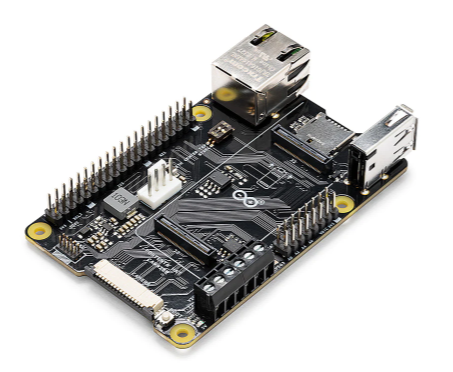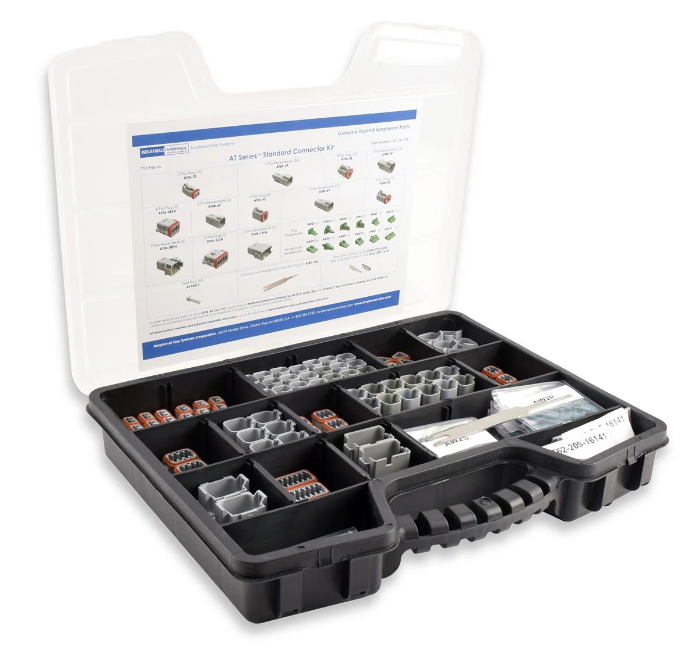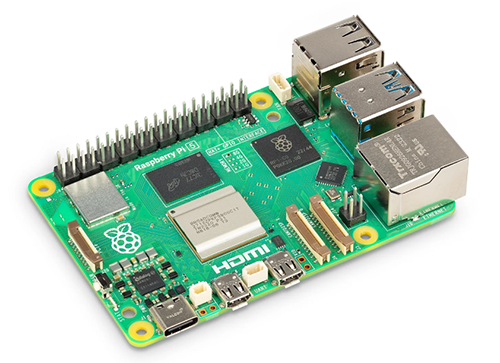 Medical
Medical
MintNeuro launches EXPLORE with Innovate UK funding
MintNeuro has launched the ‘EXPLORE’ project, supported by a £100,000 grant from Innovate UK as part of the Biomedical Catalyst Feasibility Competition 2023.
Revolutionary AI trial for breast cancer diagnostics
Peterborough City Hospital have launched a groundbreaking trial, integrating artificial intelligence (AI) software into the digital pathology reporting of breast biopsies.
BioOrbit: creating medicine that’s out of this world
In the infinite and often intangible fathoms of the cosmos, one company is looking to the stars – or more specifically, Low Earth Orbit – to build a pharmaceutical factory in space that will create crystalline antibodies to help those on earth.
Engineer advances design of more humanistic prosthetics
A former principal mechanical engineer from a leading UK prosthetics firm has achieved notable advancements in creating more comfortable, functional, and affordable upper limb prosthetics through Heriot-Watt University's DeepTech LaunchPad programme.
A major leap in fitness tracking technology at the Paris Olympics
With the 2024 Paris Games upon us, technology has become indispensable for maximising athlete performance. It has transformed how athletes train. Richard Godfrey, CEO and Co-Founder of Rocketmakers further explores.
UK population concerned about adoption of AI in medicine
Recent research indicates that 57% of the UK population is apprehensive about the swift adoption of AI in personalised medicine.
The future of medicine: 3D printing your personalised prescriptions
Imagine a future where your medication is not only tailored to your specific health needs but also produced on-demand in your home or local pharmacy using a 3D printer.
Presto Engineering achieves ISO 13485 certification
Presto Engineering, a European expert in application-specific integrated circuit (ASIC) design, engineering, and production services, is pleased to announce that it has successfully passed EN ISO 13485 certification, the internationally recognised quality benchmark for medical device manufacturers.
Engineers torque technology to medics
Medical experts and sports scientists are becoming increasingly reliant on engineers as their disciplines become more and more technical.
Sci-fi gets sci-real: Festival celebrates the engineers helping to solve some of the world’s greatest challenges
An action-packed programme of free interactive events for the whole family will showcase how UCL engineers are creating the future, in fields such as artificial intelligence, space exploration, robotics, and medicine.









